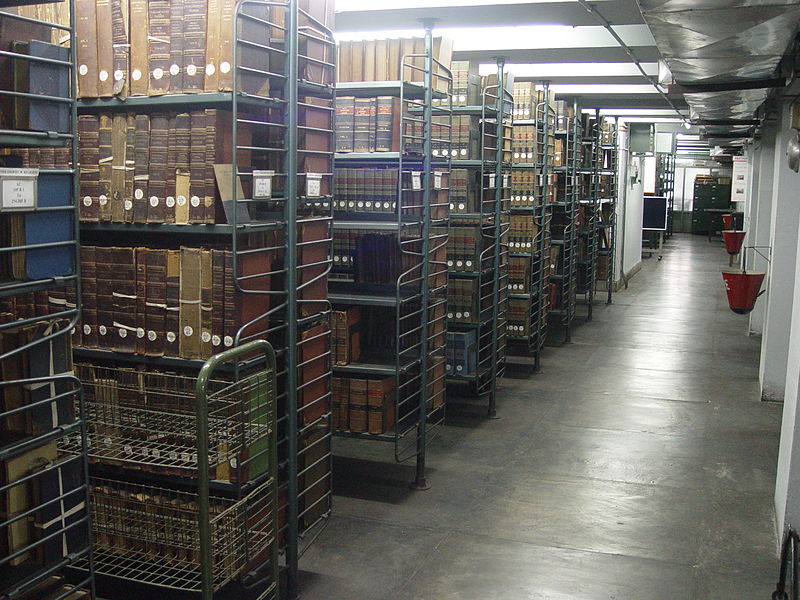
This is a guest post by Ranjit Goswami, Dean (Academics) and (Officiating) Director of Institute of Management Technology (IMT), Nagpur, India. Ranjit also volunteer as one of the Indian Country Editors for the Open Data Census.
Developing nations, more so India, increasingly face a challenge in prioritizing its goals. One thing that increasingly becomes relevant in this context, in the present age of open knowledge, is the relevance of subscription-journals in dissipation and diffusion of knowledge in a developing society. Young Aaron Swartz from Harvard had made an effort to change it, that did cost him his life; most developed nations have realized research funded by tax-payers money should be made freely available to tax-payers, but awareness on these issues are at quite pathetic levels in India – both at policy level and among members of academic community.
Before one looks at the problem, a contextual understanding is needed. Today, a lot of research is done globally, including some of it in India, and its importance in transforming nations and society is increasingly getting its due recognition across nations. Quantum of original application oriented research, applicable specifically to the developing world, is a small part of overall global research. Some of it is done locally in India too, in spite of two obvious constraints developing nations face: (1) lack of funds, and (2) lack of capability and/or capacity.
Tax-funded research should be freely available
This article argues that research outcomes, done in India with Indian tax-payers money, are to be freely available to all Indians, for better diffusion. Unfortunately, the present practice is quite opposite.
The lack of diffusion of knowledge becomes evident in absence of any planned efforts, to make the research done in local context available in open platforms. Here when one looks at the academic community in India, due to the older mindset where research score and importance is given only for publishing research papers in journals, often even in journals of questionable quality, faculty members are encouraged to publish in subscription-journals. Open access journals are considered untouchables. Faculty members mostly do not keep a version of the publication to be freely accessible – be it in their own institute’s website, or in other formats online. More than 99% of Indian higher educational institutes do not have any open-access research content in their websites.
Simultaneously, a lot of academic scams get reported, more from India, as measuring research contribution is a difficult task. Faculty members often fall prey to short-cuts of institute’s research policy, in this age of mushrooming journals.
Facing academic challenges
India, in its journey to be an to an open knowledge society, faces diverse academic challenges. Experienced faculty members feel, that making their course outlines available in the public domain would lead to others copying from it; whereas younger faculty members see subscription journal publishing as the only way to build a CV. The common ill-founded perception is that top journals would not accept your paper if you make a version of it freely available. All of above act counter-productive to knowledge diffusion in a poor country like India. The Government of India has often talked about open course materials, but in most government funded higher educational institutes, one seldom sees even a course outline in public domain, let alone research output.
Question therefore is: For public funded universities and institutes, why should any Indian user have to cough up large sums of money again to access their research output? And it is an open truth that – barring a very few universities and institutes – most Indian colleges, universities and research organizations or even practitioners cannot afford the money required to pay for subscribing most well-known journal databases, or afford individual articles therein.
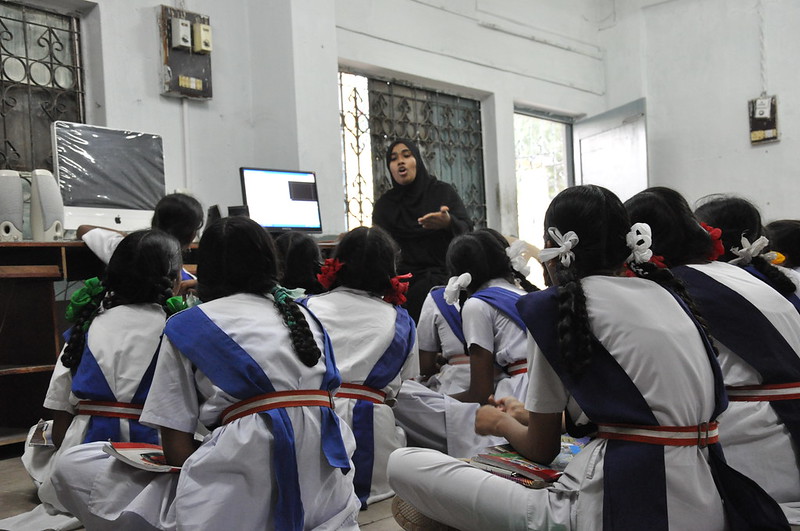
It would not be wrong to say that out of thirty-thousand plus higher educational institutes, not even one per cent has a library access comparable to institutes in developed nations. And academic research output, more in social science areas, need not be used only for academic purposes. Practitioners – farmers, practicing doctors, would-be entrepreneurs, professional managers and many others may benefit from access to this research, but unfortunately almost none of them would be ready or able to shell out $20+ for a few pages by viewing only the abstract, in a country where around 70% of people live below $2 a day income levels.
Ranking is given higher priority than societal benefit
Academic contribution in public domain through open and useful knowledge, therefore, is a neglected area in India. Although, over the last few years, we have seen OECD nations, including China, increasingly encouraging open-access publishing by academic community; in India – in its obsession with university ranks where most institutes fare poorly, we are on reverse gear. Director of one of India’s best institutes have suggested why such obsessions are ill-founded, but the perceptions to practices are quite opposite.
It is, therefore, not rare to see a researcher getting additional monetary rewards for publishing in top-category subscription journals, with no attempt whatsoever – be it from researcher, institute or policy-makers – to make a copy of that research available online, free of cost. Irony is, that additional reward money again comes from taxpayers.
Unfortunately, existing age-old policies to practices are appreciated by media and policy-makers alike, as the nation desperately wants to show to the world that the nation publishes in subscription journals. Point here is: nothing wrong with producing in journals, encourage it even more for top journals, but also make a copy freely available online to any of the billion-plus Indians who may need that paper.
Incentives to produce usable research
In case of India, more in its publicly funded academic to research institutes, we have neither been able to produce many top category subscription-journal papers, nor have we been able to make whatever research output we generate freely available online. On quality of management research, The Economist, in a recent article stated that faculty members worldwide ‘have too little incentive to produce usable research. Oceans of papers with little genuine insight are published in obscure periodicals that no manager would ever dream of reading.’ This perfectly fits in India too. It is high time we look at real impact of management and social science research, rather than the journal impact factors. Real impact is bigger when papers are openly accessible.
Developing and resource deficit nations like India, who need open access the most, thereby further lose out in present knowledge economy. It is time that Government and academic community recognizes the problem, and ensures locally done research is not merely published for academic referencing, but made available for use to any other researcher or practitioner in India, free of cost.
Knowledge creation is important. Equally important is diffusion of that knowledge. In India, efforts to resources have been deployed on knowledge creation, without integrative thinking on its diffusion. In the age of Internet and open access, this needs to change.
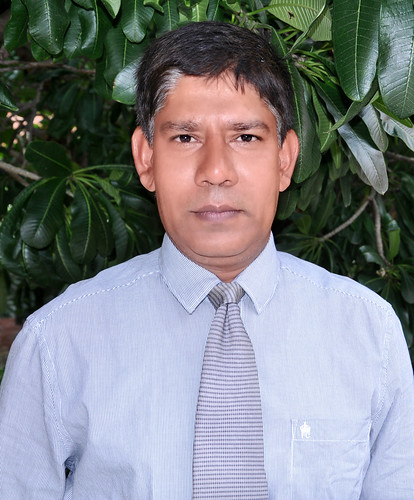
Prof. Ranjit Goswami is Dean (Academics) and (Officiating) Director of Institute of Management Technology (IMT), Nagpur – a leading private B-School in India. IMT also has campuses in Ghaziabad, Dubai and Hyderabad. He is on twitter @RanjiGoswami
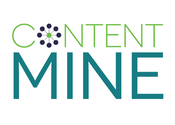 ContentMine aims to liberate 100,000,000 facts from the scientific literature.
ContentMine aims to liberate 100,000,000 facts from the scientific literature. 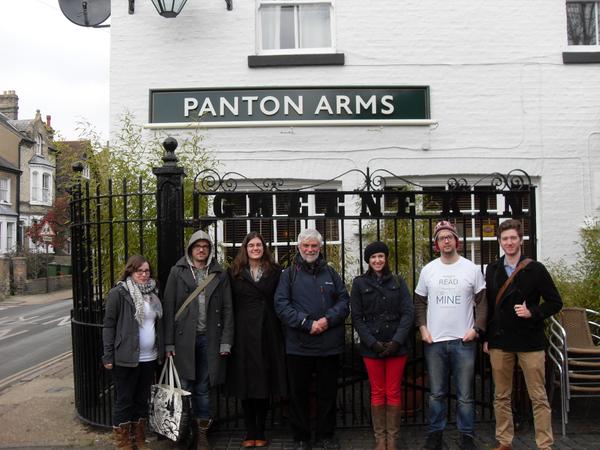
 Open Access Working Group
Open Access Working Group 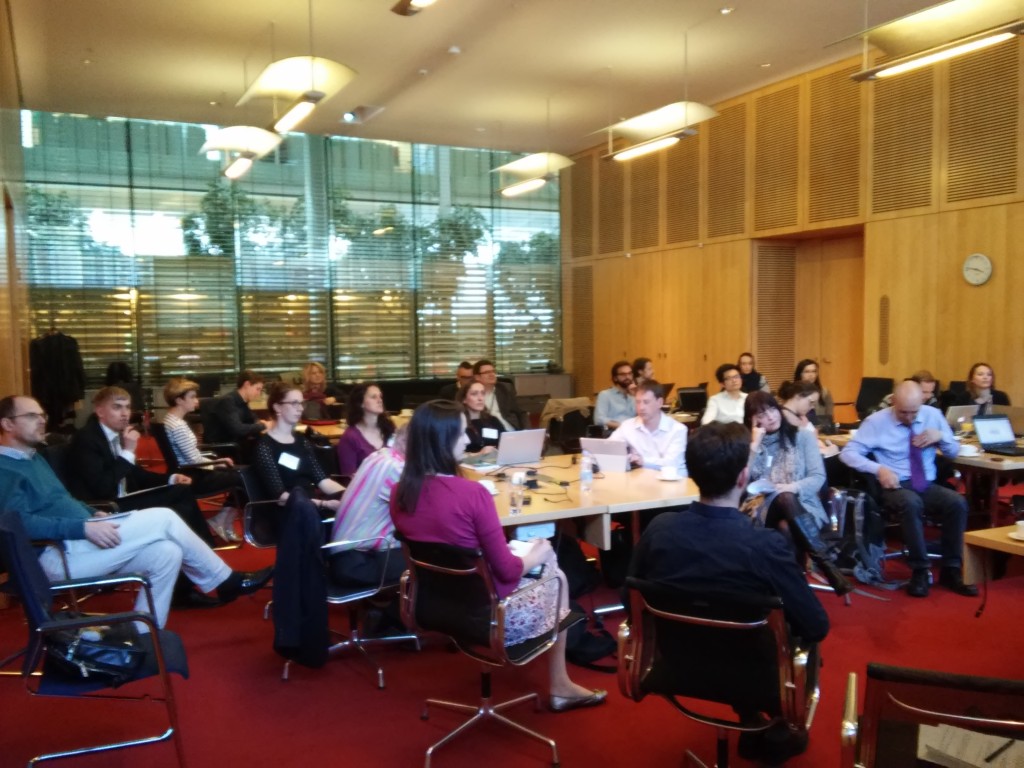
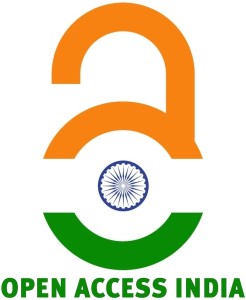



Knowledge Creation to Diffusion: The Conflict in India
Michelle Brook - February 28, 2014 in Comment, Guest Post, Policy
This is a guest post by Ranjit Goswami, Dean (Academics) and (Officiating) Director of Institute of Management Technology (IMT), Nagpur, India. Ranjit also volunteer as one of the Indian Country Editors for the Open Data Census.
Developing nations, more so India, increasingly face a challenge in prioritizing its goals. One thing that increasingly becomes relevant in this context, in the present age of open knowledge, is the relevance of subscription-journals in dissipation and diffusion of knowledge in a developing society. Young Aaron Swartz from Harvard had made an effort to change it, that did cost him his life; most developed nations have realized research funded by tax-payers money should be made freely available to tax-payers, but awareness on these issues are at quite pathetic levels in India – both at policy level and among members of academic community.
Before one looks at the problem, a contextual understanding is needed. Today, a lot of research is done globally, including some of it in India, and its importance in transforming nations and society is increasingly getting its due recognition across nations. Quantum of original application oriented research, applicable specifically to the developing world, is a small part of overall global research. Some of it is done locally in India too, in spite of two obvious constraints developing nations face: (1) lack of funds, and (2) lack of capability and/or capacity.
Tax-funded research should be freely available
This article argues that research outcomes, done in India with Indian tax-payers money, are to be freely available to all Indians, for better diffusion. Unfortunately, the present practice is quite opposite.
The lack of diffusion of knowledge becomes evident in absence of any planned efforts, to make the research done in local context available in open platforms. Here when one looks at the academic community in India, due to the older mindset where research score and importance is given only for publishing research papers in journals, often even in journals of questionable quality, faculty members are encouraged to publish in subscription-journals. Open access journals are considered untouchables. Faculty members mostly do not keep a version of the publication to be freely accessible – be it in their own institute’s website, or in other formats online. More than 99% of Indian higher educational institutes do not have any open-access research content in their websites.
Simultaneously, a lot of academic scams get reported, more from India, as measuring research contribution is a difficult task. Faculty members often fall prey to short-cuts of institute’s research policy, in this age of mushrooming journals.
Facing academic challenges
India, in its journey to be an to an open knowledge society, faces diverse academic challenges. Experienced faculty members feel, that making their course outlines available in the public domain would lead to others copying from it; whereas younger faculty members see subscription journal publishing as the only way to build a CV. The common ill-founded perception is that top journals would not accept your paper if you make a version of it freely available. All of above act counter-productive to knowledge diffusion in a poor country like India. The Government of India has often talked about open course materials, but in most government funded higher educational institutes, one seldom sees even a course outline in public domain, let alone research output.
Question therefore is: For public funded universities and institutes, why should any Indian user have to cough up large sums of money again to access their research output? And it is an open truth that – barring a very few universities and institutes – most Indian colleges, universities and research organizations or even practitioners cannot afford the money required to pay for subscribing most well-known journal databases, or afford individual articles therein.
It would not be wrong to say that out of thirty-thousand plus higher educational institutes, not even one per cent has a library access comparable to institutes in developed nations. And academic research output, more in social science areas, need not be used only for academic purposes. Practitioners – farmers, practicing doctors, would-be entrepreneurs, professional managers and many others may benefit from access to this research, but unfortunately almost none of them would be ready or able to shell out $20+ for a few pages by viewing only the abstract, in a country where around 70% of people live below $2 a day income levels.
Ranking is given higher priority than societal benefit
Academic contribution in public domain through open and useful knowledge, therefore, is a neglected area in India. Although, over the last few years, we have seen OECD nations, including China, increasingly encouraging open-access publishing by academic community; in India – in its obsession with university ranks where most institutes fare poorly, we are on reverse gear. Director of one of India’s best institutes have suggested why such obsessions are ill-founded, but the perceptions to practices are quite opposite.
It is, therefore, not rare to see a researcher getting additional monetary rewards for publishing in top-category subscription journals, with no attempt whatsoever – be it from researcher, institute or policy-makers – to make a copy of that research available online, free of cost. Irony is, that additional reward money again comes from taxpayers.
Unfortunately, existing age-old policies to practices are appreciated by media and policy-makers alike, as the nation desperately wants to show to the world that the nation publishes in subscription journals. Point here is: nothing wrong with producing in journals, encourage it even more for top journals, but also make a copy freely available online to any of the billion-plus Indians who may need that paper.
Incentives to produce usable research
In case of India, more in its publicly funded academic to research institutes, we have neither been able to produce many top category subscription-journal papers, nor have we been able to make whatever research output we generate freely available online. On quality of management research, The Economist, in a recent article stated that faculty members worldwide ‘have too little incentive to produce usable research. Oceans of papers with little genuine insight are published in obscure periodicals that no manager would ever dream of reading.’ This perfectly fits in India too. It is high time we look at real impact of management and social science research, rather than the journal impact factors. Real impact is bigger when papers are openly accessible.
Developing and resource deficit nations like India, who need open access the most, thereby further lose out in present knowledge economy. It is time that Government and academic community recognizes the problem, and ensures locally done research is not merely published for academic referencing, but made available for use to any other researcher or practitioner in India, free of cost.
Knowledge creation is important. Equally important is diffusion of that knowledge. In India, efforts to resources have been deployed on knowledge creation, without integrative thinking on its diffusion. In the age of Internet and open access, this needs to change.
Prof. Ranjit Goswami is Dean (Academics) and (Officiating) Director of Institute of Management Technology (IMT), Nagpur – a leading private B-School in India. IMT also has campuses in Ghaziabad, Dubai and Hyderabad. He is on twitter @RanjiGoswami
Tags: development, incentive structures, India, open access, policy 1 Comment »